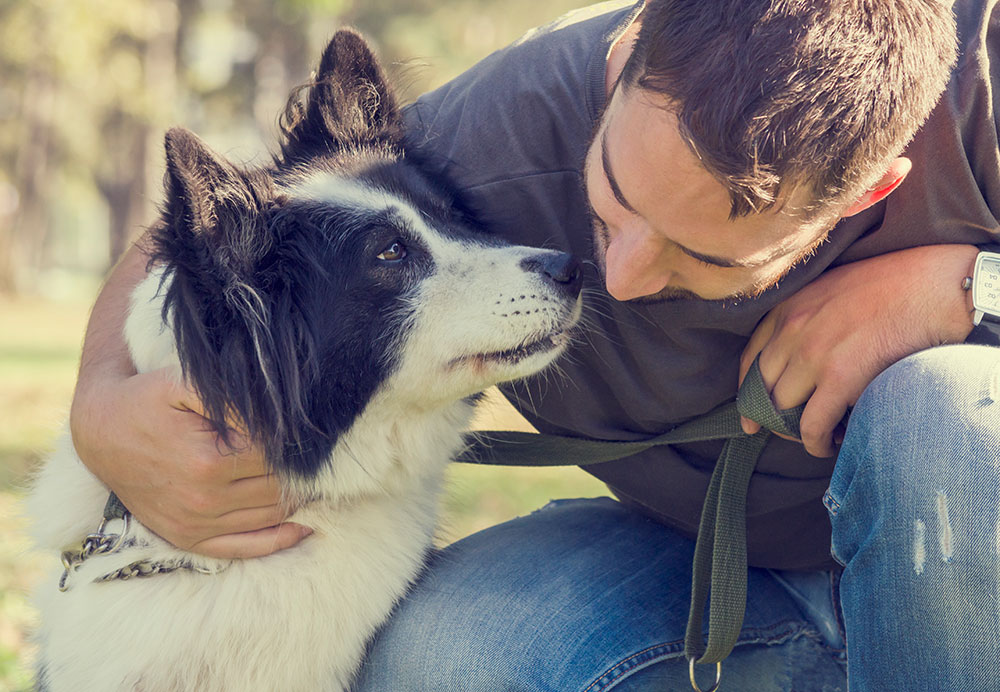Top Dog Training Mistakes to Avoid for Better Results
Top Dog Training Mistakes to Avoid for Better Results
Blog Article
The Ultimate Overview to Pet Dog Training: Transform Your Pet's Actions
Effective pet training is necessary for fostering a harmonious partnership between family pets and their proprietors. This guide not just intends to equip you with the needed tools to transform your pet dog's behavior but likewise welcomes you to explore exactly how these fundamental principles can lead to a deeper connection with your pet dog.
Understanding Canine Actions
Comprehending pet actions is essential for effective training and a harmonious connection between pet dogs and their proprietors. A pet dog's actions is affected by a mix of genes, atmosphere, and experiences. Dog training. Acknowledging these aspects permits proprietors to customize their training approaches to satisfy the private requirements of their family pets
Pet dogs interact mainly with body language, vocalizations, and faces. A wagging tail can show exhilaration or joy, while a tucked tail may signal anxiety or entry. Observing these hints allows owners to react suitably, strengthening positive behaviors and addressing adverse ones successfully.
In addition, comprehending the social framework of pet dogs can provide understandings right into their habits. Pets are pack animals, and they grow in a structured environment. Developing clear boundaries and regular regulations can avoid confusion and advertise a feeling of security.
Furthermore, identifying the natural instincts of pet dogs, such as need to dig or chase, is critical. These instincts can be redirected via proper outlets, such as play or exercise. By adequately comprehending these behavior aspects, proprietors can promote a favorable training experience, inevitably resulting in a well-adjusted and loyal canine friend.
Crucial Training Techniques
Efficient pet training counts on a range of necessary methods that can substantially enhance the knowing procedure for both the proprietor and the canine. One fundamental method is positive reinforcement, which involves rewarding preferable habits with deals with, appreciation, or play. This approach motivates dogs to duplicate the habits that cause favorable end results, fostering a relying on connection between the pet dog and owner.
An additional secret strategy is consistency in assumptions and commands. Using the same spoken hints and hand signals assists the pet dog comprehend what is needed, minimizing confusion and promoting quicker understanding. Additionally, developing clear borders and regulations is critical for efficient communication.
Socializing is likewise a crucial component of training. Exposing dogs to different environments, people, and various other animals assists them develop ideal social abilities and lowers stress and anxiety in strange circumstances.
Lastly, persistence and timing are crucial. Training sessions need to be regular yet brief, making certain that the dog continues to be engaged and receptive. By using these important strategies, owners can develop a structured and favorable training experience that promotes good actions and reinforces the bond with their canine friends.
Producing a Training Arrange
Exactly how can a well-structured training timetable boost a canine's understanding experience? A training timetable provides consistency, making certain that pets receive normal, focused instruction. This predictability assists pets comprehend what is anticipated of them, strengthening their learning and enabling much better retention of behaviors and commands.
When developing a training timetable, it is important to think about the dog's age, type, and private temperament. Youthful young puppies might gain from he has a good point shorter, much more frequent sessions, while grown-up canines may love longer, less frequent training durations. Including a range of tasks can also keep the sessions engaging, stopping dullness and promoting interest for learning.
Additionally, scheduling training sessions at specific times of the day can help strengthen a regimen. As an example, pairing training with everyday walks or play can develop a positive organization with learning. It is also critical to include time for reinforcement, such as treats or praise, to reward desired habits immediately.
Finally, flexibility is vital. While consistency is important, being versatile to the pet dog's mood or energy degree can boost their knowing experience. A well-crafted training routine ultimately lays the read this foundation for effective communication and a stronger bond between the pet dog and proprietor.
Usual Training Obstacles
Regardless of having a well-structured training routine, pet dog owners frequently experience various difficulties during the training process. One common problem is incongruity in commands and hints. When numerous household participants make use of various terms or tones, a canine might become confused, hindering its capability to learn efficiently.
One more regular challenge is interruption. Dog training. Pet dogs are normally interested creatures, and outside stimulations such as various other animals, noises, or individuals can divert their attention during training sessions. This calls for proprietors to create a controlled setting or gradually present interruptions to enhance emphasis
In addition, differing energy degrees can impact training results. High-energy canines may battle to calm down and focus, while more laid-back types might need added motivation to engage. Customizing the training approach to fit the private pet's temperament is essential for success.

Structure a Solid Bond
A strong bond in between a pet dog and its proprietor is crucial for effective training and total wellness. Dog training. This relationship cultivates depend on, which is important for effective interaction during the training process. When a pet dog feels secure and connected to its owner, it is more most likely to respond favorably to hints and commands
To build this Continue bond, uniformity is vital. Establishing a regimen that includes routine feeding, workout, and training sessions assists develop a sense of security. In addition, positive support techniques, such as deals with, praise, and play, strengthen desired behaviors while enhancing the psychological connection.
Socializing is an additional important element of bond-building. Revealing your canine to various environments, people, and other pets aids them feel much more confident and comfortable, boosting the bond with their owner. Participating in activities with each other, such as strolling, playing bring, or taking part in obedience training, promotes synergy and common enjoyment.
Final Thought

Understanding pet behavior is crucial for efficient training and an unified relationship between pets and their owners.Reliable dog training depends on a selection of vital strategies that can considerably boost the learning process for both the owner and the pet dog.Regardless of having a well-structured training schedule, pet dog proprietors often experience different obstacles throughout the training process.In final thought, efficient pet training counts on a comprehensive understanding of canine habits, the application of necessary strategies, and the establishment of a structured training schedule. By emphasizing positive reinforcement and consistency, canine owners can substantially boost their pet dogs' actions, inevitably ensuring a harmonious relationship and promoting the wellness of both the canine and its atmosphere.
Report this page